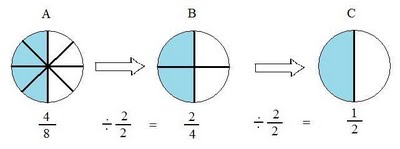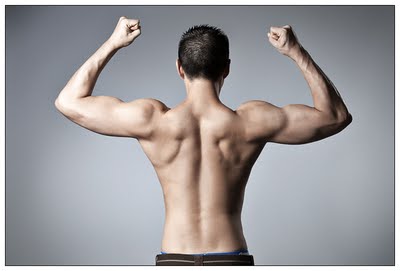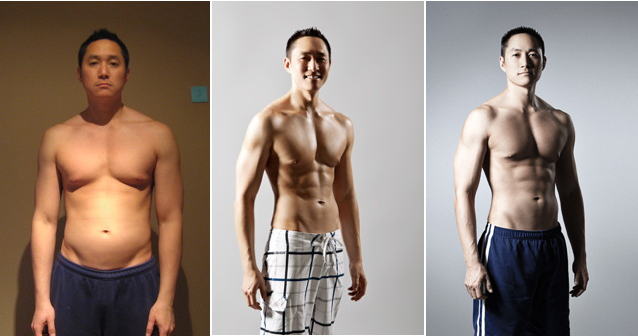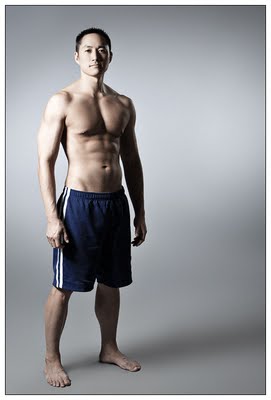Staying simple
 A few months ago, I wrote a post about my personal development as a counter-piece of anecdotal evidence to those examples suggesting poorly supported complexity and expense to achieve a body transformation.
A few months ago, I wrote a post about my personal development as a counter-piece of anecdotal evidence to those examples suggesting poorly supported complexity and expense to achieve a body transformation.
Anecdotal evidence is considered the lowest quality of evidence upon which to base decisions. It is highly susceptible to sampling bias (most people who don’t get the outcome they want don’t tend to tell their story), selection bias (I get to pick the best pictures), recall bias (most people aren’t that great at keeping research-level records of all the factors contributing to their story), as well as out-and-out dishonesty; but when it comes to individuals making decisions, it also seems to be one of the most powerful and potentially driving pieces of evidence. It is something that I think I would like to study in the future (collaborators welcome!), but as an idle musing, I think anecdotes are so powerful because they are generally quite personal, and very accessible. Anyone can read a story. There aren’t really any statistics that require courses or books to decipher. And when it comes to basing a decision on an anecdote, there aren’t any right or wrong answers. You can decide to use an anecdote because you think it fits your circumstance or not; either way, you’re right because there are so many ways in which an anecdote can fit, or not fit your situation.
I decided to post an update to my anecdote for two reasons:
1) I still believe that if you’re going to write about fitness and nutrition, or claim any expertise in it, that you should follow what you write. While you may not achieve a stunning result (I still have a long way to go), if you’re not following your own recommendations, how can you expect others to do it?
2) There is something to be said about sustaining a ‘transformation’. As challenging as a physical transformation can be, there are a lot of factors that keep the drive to transform going: For one, you see and experience changes month by month, which feeds back on itself to push you to continue to experience change. But once you’ve made a large change, the feedback that used to fuel your changed behaviours diminishes. It then falls to you to find new fuel sources to sustain the “new you”. I would argue that it’s comparatively easy to be a one-shot wonder. The higher-quality evidence would also suggest the same. Overweight people in diet studies lose weight–almost universally. But they gain it back. This is going to be challenge of population weight-loss studies in the future.
I’m still working out the kinks of staying within ‘striking distance’ of what I would consider my best shape. I’m still trying to transform, and I know it’s not going to be as quick or dramatic as the first one. But I’m still following my own recommendations to get there. I still have a 60-100 hour work week. I still don’t eat 6-8 meals a day. I still don’t use any supplements other than creatine, a multivitamin and occasionally whey. I still love the Pizza Alla Siciliana from Salvatore’s.
Transformation doesn’t have to be complicated or expensive. See what you can achieve with less before you add more.
 Photo credit: Shaun Simpson, Shaun Simpson Photography
Photo credit: Shaun Simpson, Shaun Simpson Photography


